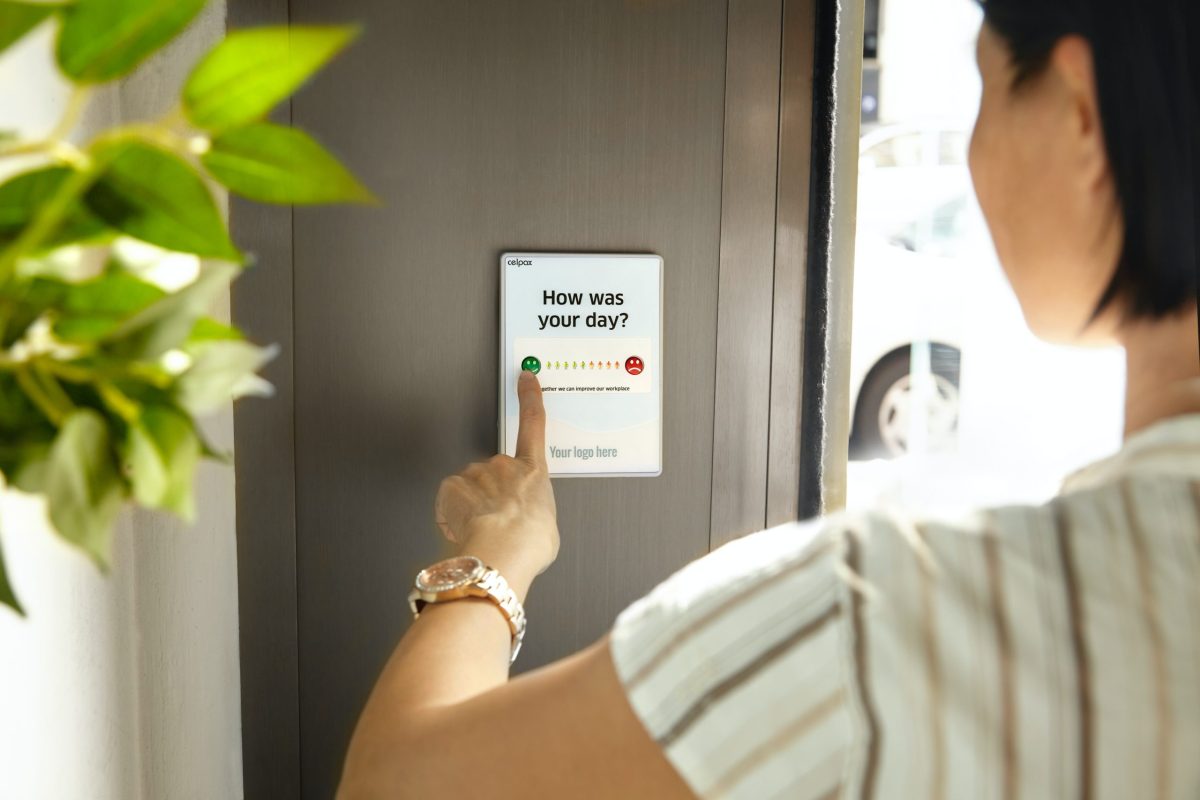Hire Employees in Mexico from Abroad | Guide 2025
Hiring employees in Mexico from abroad involves navigating a complex landscape of labor laws, tax obligations, and cultural nuances. This guide will walk you through the essential steps and considerations, from understanding the Mexican job market to choosing the right hiring model and ensuring compliance with local regulations.
Why Hire Employees in Mexico?
Mexico offers unique advantages for global businesses. Its proximity to the U.S. and numerous free trade agreements make it a strategic location. Additionally, Mexico boasts a skilled workforce, especially in manufacturing, technology, and customer service industries. Hiring in Mexico allows companies to access cost-effective labor while expanding into Latin America’s second-largest economy.
Exploring Mexico's Workplace Landscape
Mexico at a Glance
Mexico, with its robust economy and strategic location, is a key player in global trade and manufacturing. The country is home to a diverse and growing workforce, making it an attractive destination for businesses looking to expand. With a population exceeding 126 million people, Mexico offers a large talent pool across various industries, particularly in manufacturing, technology, and services. Additionally, its proximity to the United States and membership in trade agreements like the USMCA make it a prime location for companies seeking cost-effective labor while maintaining access to North American markets.
Employment Trends and Job Market Analysis
The Mexican job market is characterized by steady growth, particularly in sectors like manufacturing, automotive, and technology. The country has seen an increase in demand for skilled labor, especially in engineering, IT, and logistics. However, the informal sector remains significant, with many workers employed without formal contracts or benefits. This duality in the labor market presents both opportunities and challenges for employers. On one hand, there is a large pool of talent, but on the other, navigating the complexities of formal employment is crucial for compliance and long-term success.
Hiring Trends in Mexico for 2025
In 2025, hiring trends in Mexico focus on flexibility. Remote and hybrid work models dominate, especially in tech and creative sectors. Industries like manufacturing, healthcare, and logistics are also driving demand for skilled professionals. Additionally, the gig economy is growing, with more professionals seeking freelance or contract roles.
Key Talent Hubs in Mexico
Mexico has several key talent hubs that offer a rich pool of skilled professionals:
- Mexico City: The capital is the largest economic and cultural hub, attracting talent in finance, technology, and services.
- Monterrey: Known for its strong industrial base, Monterrey is a hub for manufacturing, engineering, and automotive industries.
- Guadalajara: Often referred to as the “Silicon Valley of Mexico,” Guadalajara is a tech hotspot, particularly for software development and electronics.
- Tijuana and Baja California: These regions are key for manufacturing and cross-border trade, benefiting from their proximity to the U.S.
How to Hire Employees in Mexico from Abroad: Three Options
Hiring in Mexico can be approached in different ways, depending on your business needs. Below are three main options:

Engage Contractors
One option for hiring in Mexico is to engage independent contractors. This approach offers flexibility and is often less expensive in the short term. However, it’s essential to clearly define the contractor relationship to avoid misclassification, which can lead to legal and tax issues. Contractors should have their own business registration and should not be subject to the same controls as employees. While this model works well for specific projects or temporary roles, it may not be suitable for long-term employment needs.
Set Up a Local Entity
If your company plans to establish a long-term presence in Mexico, setting up a local legal entity is a viable option. This process involves registering your company with the Mexican authorities, opening a local bank account, and complying with all legal and tax obligations. While this approach provides full control over your operations and employees, it can be time-consuming and costly. It is best suited for companies that anticipate significant and ongoing business activities in Mexico.
Use an Employer of Record (EOR)
For companies that want to hire employees in Mexico without setting up a local entity, an Employer of Record (EOR) is an ideal solution. An EOR acts as the legal employer on behalf of your company, handling payroll, taxes, benefits, and compliance with local labor laws. This allows you to hire employees quickly and efficiently, without the complexities of establishing a legal presence. The EOR model is particularly useful for companies testing new markets or those looking to expand their workforce in multiple countries.
The Cost of Hiring an Employee in Mexico
Hiring employees in Mexico involves various costs that employers need to consider. These costs include mandatory contributions and employee-related expenses that significantly impact the overall cost of employment.
Employer Contributions in Mexico
When hiring employees in Mexico, employers are responsible for various contributions, which can significantly increase the total cost of employment. Key employer contributions include:
- Social Security (IMSS): Employers contribute around 20% to 23% of the employee’s salary to the Mexican Social Security Institute (IMSS), which covers healthcare, disability, and retirement benefits.
- Housing Fund (INFONAVIT): Employers must contribute 5% of the employee’s salary to the National Housing Fund, which helps employees purchase homes.
- Retirement Savings (SAR): Employers contribute 2% of the employee’s salary to their retirement savings account.
To learn more about these contributions and how to manage payroll in Mexico, visit our Comprehensive Guide on Payroll and Taxes in Mexico.
Employee Contributions in Mexico
Employees in Mexico also contribute to social security and retirement savings through payroll deductions. These contributions are typically deducted directly from their salaries:
- IMSS: Employee contributions to social security range from 2.75% to 6.3%, depending on their salary level.
- Income Tax (ISR): Employees are subject to income tax with progressive rates ranging from 1.92% to 35%, depending on their income.
- Retirement Savings (SAR): Employees contribute 1.125% of their salary to their retirement savings account.
These contributions and deductions are essential for both compliance and ensuring employees receive the benefits they are entitled to. For more detailed information on these contributions and related tax obligations, be sure to check out the Payroll and Taxes in Mexico: Comprehensive Guide.

Streamline Your Expansion with EOR Services in LATAM
Expand across Latin America effortlessly with our Employer of Record (EOR) services. We handle compliance, payroll, and employee management, ensuring smooth operations while you focus on growing your business.
Labor Laws and Employee Rights in Mexico
Mexico has robust labor laws designed to protect employees. These laws cover a wide range of issues, including working hours, minimum wage, overtime pay, and termination rights. Key employee rights include:
- Work Hours: The standard workweek in Mexico is 48 hours, with any additional hours considered overtime. Overtime pay is required for any hours worked beyond the standard workweek.
- Paid Leave: Employees are entitled to six days of paid vacation after their first year of service, with an additional two days for every subsequent year of employment. They also receive a vacation bonus equivalent to 25% of their daily salary during their vacation period.
- Termination Rights: Employees dismissed without just cause are entitled to severance pay, which includes three months’ salary, plus 20 days’ pay for each year of service.
Best Practices for Attracting Talent in Mexico
To attract top talent in Mexico, companies should consider the following best practices:
- Competitive Compensation and Benefits: Offering competitive salaries and benefits is crucial in Mexico’s competitive job market. Benefits such as private health insurance, meal vouchers, and transportation allowances can make your offer more attractive.
- Flexible Work Arrangements: With the rise of remote work, offering flexible work arrangements can help attract and retain talent, especially in tech and service industries.
- Diversity and Inclusion: Promoting diversity and inclusion in the workplace is increasingly important for attracting talent. Companies that prioritize diversity are more likely to attract a broader range of candidates.
- Strong Employer Brand: Building a strong employer brand can help differentiate your company from competitors. Highlighting your company culture, values, and commitment to employee development can make your organization more appealing to potential hires.
FAQs About Hiring in Brazil
What are the benefits of hiring employees in Mexico?
Mexico offers a skilled workforce, cost advantages, and proximity to the U.S.
What is the easiest way to hire employees in Mexico?
Using an Employer of Record (EOR) simplifies hiring without setting up a local entity.
What are the key labor laws for hiring in Mexico?
Employers must comply with mandatory benefits, work hours, and profit-sharing requirements.
Hire employees in Mexico from abroad with Europortage
Europortage makes hiring employees in Mexico from abroad simple and compliant. As an Employer of Record (EOR), Europortage handles all aspects of employment, from payroll and taxes to benefits and compliance with local labor laws. By partnering with Europortage, your company can focus on growth while we take care of the complexities of hiring in Mexico. Whether you’re looking to test a new market, expand your workforce, or ensure compliance with local regulations, Europortage provides the expertise and support you need.
Get in touch to find out more and start hiring top talent in Latin America.
















































































































































